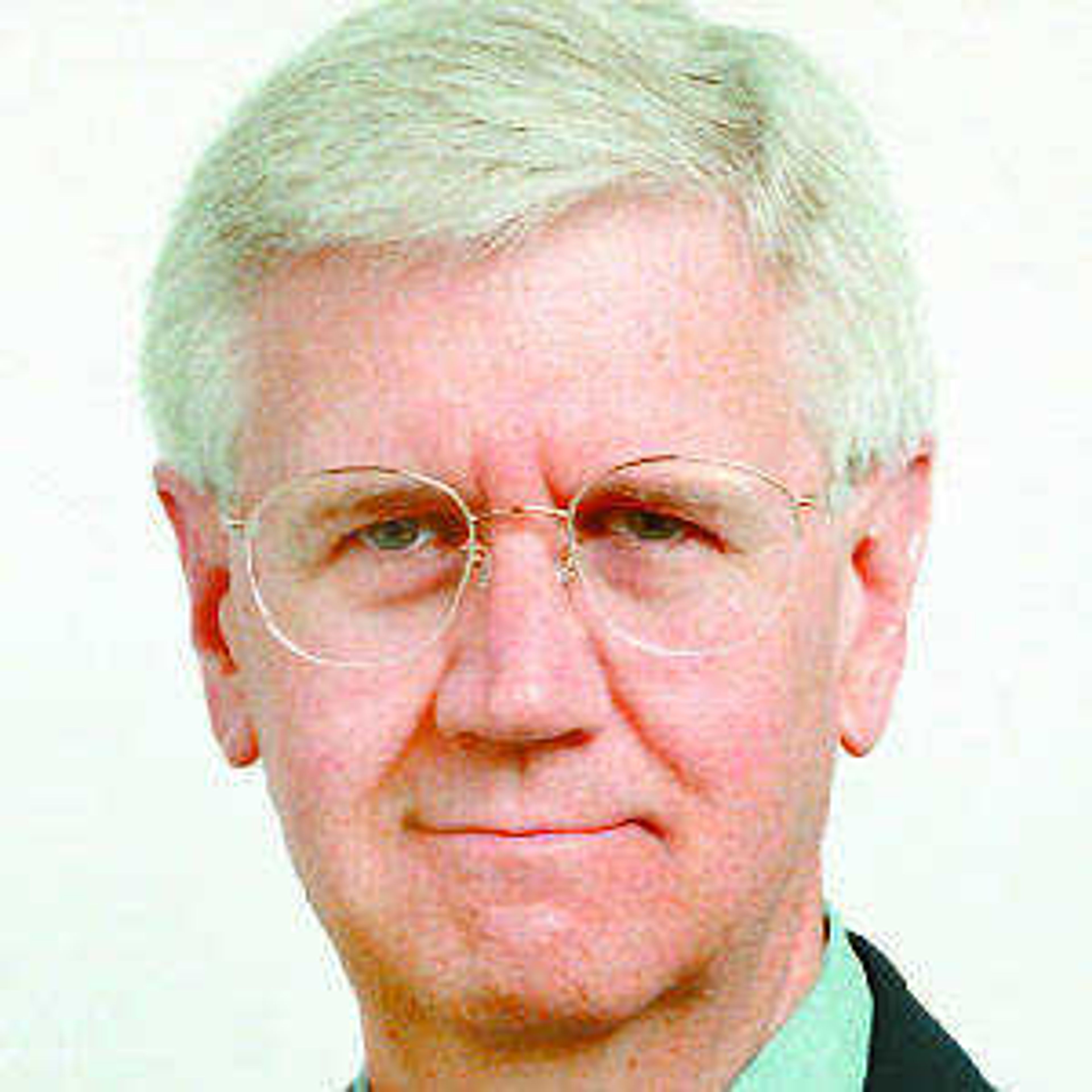... But I'll be just fine, when my disability gets here
It's good that the food pantry where I volunteer is able to fill so basic a need. People come, for whatever reason, to get a few things to eat. They leave knowing where their next meal will come from. "Inasmuch as you have done this to the least of my brethren, you have done it unto me."...
It's good that the food pantry where I volunteer is able to fill so basic a need. People come, for whatever reason, to get a few things to eat. They leave knowing where their next meal will come from.
"Inasmuch as you have done this to the least of my brethren, you have done it unto me."
That's a core mission of just about any religious institution on the face of the earth, Christian or not.
But the food pantry is also a window into a world you and I do not inhabit. It is the dark side, maybe the darkest, of a community that prides itself on thriving businesses, top-notch schools, amazing medical facilities and a solid base of industrial employers.
If anyone -- Cape Girardeau residents, taxpayers, church goers, not-for-profit volunteers, activists, elected officials, do-gooders of every ilk -- wants to see, firsthand, some of the city's neediest cases, spend a few hours at any of the food pantries in town.
And listen. Just pay attention to what you hear.
I've become all too familiar with a trend in the approach our government has taken regarding taxpayer-supported funding for those who need help. When Aid to Families With Dependent Children was reformed a few years ago in a way designed to eliminate the welfare cycle that had ensnared, in some cases, generations of the same families, another system, just as prone to manipulation, became the new welfare.
What I'm talking about is the Social Security Administration's Supplemental Security Income program, SSI for short. Or "my disability" to the millions of the officially disabled Americans who have discovered how to game the pool of billions and billions of dollars.
Now, instead of welfare payments based on the number of children you have, the SSI system is based on convincing Social Security that you have a disability. Adults qualify. And so do children. To be a part of the system, children who should be playing baseball or hide-and-seek are officially disabled.
Lord knows most of the folks I meet at the food pantry are, indeed, disabled in some way: physically, mentally or emotionally. But not all. Some have baldly bragged about scamming the system.
Not that anyone gets rich from SSI. It provides, for the most part, subsistence living. But I am still taken aback each time I run across someone "on disability" who is accompanied by a personal caregiver whose job is to prepare meals, chauffeur, clean house and do odd jobs. All covered by me. And you.
This week, a fellow in his 30s arrived at the food pantry. He is homeless. He lives in what he describes as an "abandoned house" in downtown Cape Girardeau. He has a roommate, another homeless fellow who is already receiving SSI benefits. When folks in such desperate situations ask for food, the first thing you have to determine is whether or not they can cook -- stove, pans, utensils, can opener -- or are inclined to prepare meals beyond opening a can.
"Oh, yeah," said my new friend. We have a big coffee can with a candle in it, and we use it for a burner."
He went on to describe how he and his friend make coffee without a coffee maker or coffee pot or coffee filters. It works. He says.
My new friend has lost most of his hearing as the result of an on-the-job accident. He is still maneuvering the Social Security system in an attempt to get "my disability."
"As soon as my disability gets here, I'm going to look for an apartment," he tells me. "I hope I don't have to come here [the food pantry] again."
If you want to know why I get so worked up about how the city is spending my money -- our money -- on gewgaws, it's because I see at least one person a week in much the same situation as my new friend at the food pantry. I'm tired of saying there's very little, if anything, the city can do for people who live in such dire straits and who by speaking out against the deplorable conditions in which they live would imperil what resources they have been able to tap. I only wish I could speak more clearly for them.
"My disability."
Our responsibility.
Joe Sullivan is the retired editor of the Southeast Missourian.
Connect with the Southeast Missourian Newsroom:
For corrections to this story or other insights for the editor, click here. To submit a letter to the editor, click here. To learn about the Southeast Missourian’s AI Policy, click here.









